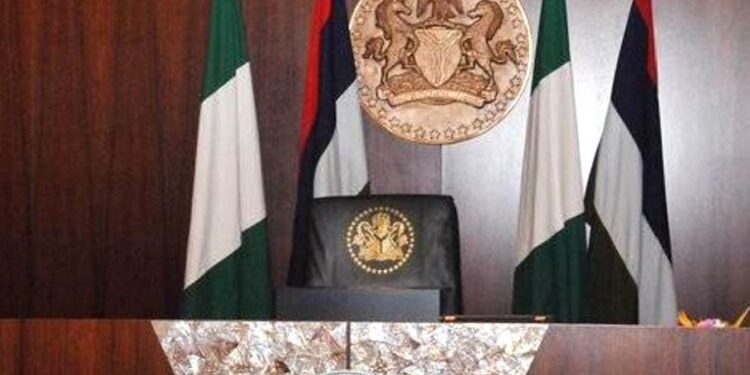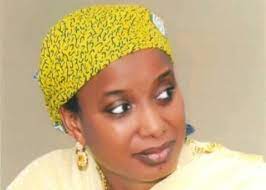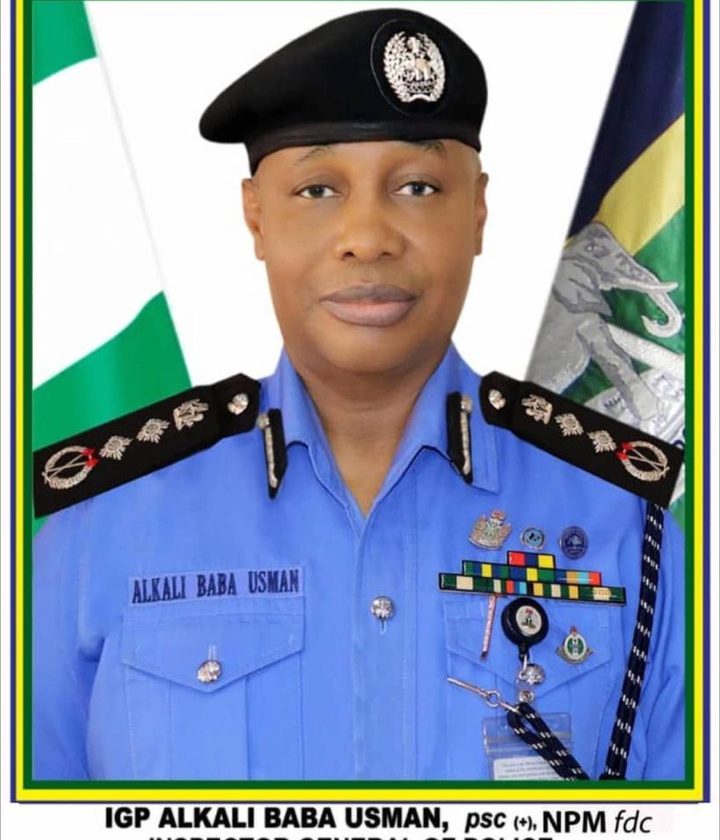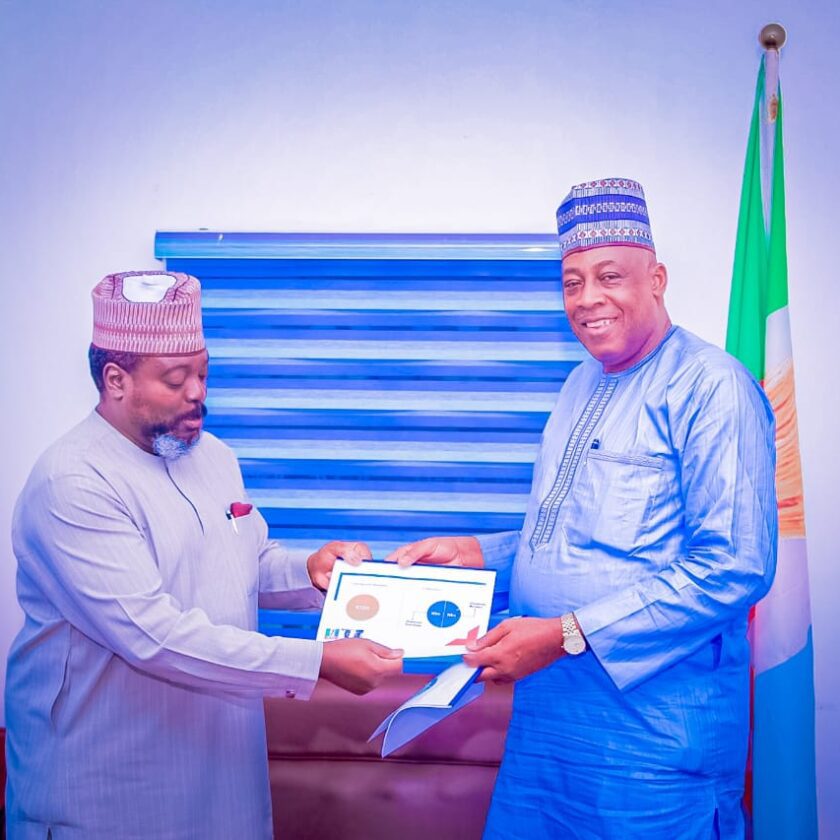Below are the chronologies of past Nigerian presidents and Heads of State since her independence in 1960 to the present day. The current constitution of Nigeria has the president of Nigeria as the head of state and government.
From 1960 to 1963, the head of state under the Constitution of 1960 was the queen of Nigeria, Elizabeth II who was also the queen of the United Kingdom and the other Commonwealth realms. The monarch was represented in Nigeria by a governor-general. Nigeria became a republic within the Commonwealth under the Constitution of 1963 and the monarch and governor-general were replaced by a ceremonial president. Nnamdi Azikiwe served as the only indigenous governor-general of Nigeria.
Since Nigeria became a republic in 1963, 13 individuals have served as heads of state of Nigeria under different titles. While the incumbent president Muhammadu Buhari is the nation’s 15th head of state, he served as the 7th head of state during a military regime between 1983 and 1985. Olusegun Obasanjo served as the 5th and 12th head of state, both served at non-consecutive periods in the office first as military personnel and then later as civilians. The first ceremonial president, who served during the first republic was Nnamdi Azikiwe, while the first executive president of Nigeria was Shehu Shagari, he was also the first president to be elected to the position.
The interim government of Ernest Shonekan who was deposed 83 days after taking office in 1993 is the shortest in Nigeria’s history not including the tenure of Sir James Robertson who served 46 days as governor-general immediately after independence. Aguiyi-Ironsi served 194 days in the office, the shortest for a permanent head of state. Murtala Muhammed served 199 days in the position. Yakubu Gowon served the longest continuous period of almost nine years before being deposed while he was away from the country in 1975. Olusegun Obasanjo served the longest period for eleven years, two hundred and thirty days combined.
Five heads of state were deposed in a military coup (Nnamdi Azikiwe, Yakubu Gowon, Shehu Shagari, Muhammadu Buhari and Ernest Shonekan). Four heads of state died in office, two were assassinated during a military coup (Aguiyi-Ironsi and Murtala Muhammed), while two died of natural causes (Sani Abacha and Umaru Musa Yar’Adua). Three heads of state resigned, Olusegun Obasanjo and Abdulsalami Abubakar resigned after transitioning to democracy in 1979 and 1999 respectively, while Ibrahim Babangida was forced to resign after he annulled the 12 June 1993 presidential election in which SDP candidate MKO Abiola reportedly won. Olusegun Obasanjo was the first vice president (as Chief of Staff, Supreme Headquarters) to become head of state when Murtala Muhammed was killed during the 1976 Nigerian coup d’état attempt, while Goodluck Jonathan was the first democratic vice president to become head of state when Umaru Musa Yar’Adua died of Illness on 5 May 2010. Muhammadu Buhari took over from Goodluck Jonathan on 29, May 2015 till date.
S/N NAME PERIOD SERVED
1 ALHAJI ABUBAKAR TAFAWA BALEWA 1960 – 1966
2 CHIEF BENJAMIN NNAMDI AZIKIWE OCTOBER 1, 1963 – JANUARY 16, 1966
3 MAJOR GENERAL JOHNSON THOMAS UMUNNAKWE AGUIYI IRONSI JANUARY 16, 1966 – JULY 29, 1966
4 GENERAL YAKUBU GOWON AUGUST 1, 1966 – JULY 29, 1975
5 GENERAL MURTALA RAMAT MOHAMMED JULY 29, 1975 – FEBRUARY 13, 1976
6 GENERAL OLUSEGUN AREMU OKIKIOLA MATTHEW OBASANJO FEBRUARY 13, 1976 – OCTOBER 1, 1979
7 SHEHU USMAN ALIYU SHAGARI OCTOBER 1, 1979 – DECEMBER 31, 1983
8 MAJOR-GENERAL MUHAMMADU BUHARI DECEMBER 31, 1983 – AUGUST 27, 1985
9 GENERAL IBRAHIM BADAMASI BABANGIDA AUGUST 27, 1985 – AUGUST 27, 1993
10 CHIEF ERNEST ADEKUNLE OLADEINDE SHONEKAN AUGUST 26, 1993 – NOVEMBER 17, 1993
11 GENERAL SANI ABACHA NOVEMBER 17, 1993 – JUNE 8, 1998
12 GENERAL ABDULSALAMI ALHAJI ABUBAKAR JUNE 9, 1998 – MAY 29, 1999
13 GENERAL OLUSEGUN AREMU OKIKIOLA MATTHEW OBASANJO (RTD) MAY 29, 1999 – 29 MAY, 2007
14 UMARU MUSA YAR’ADUA 29 MAY, 2007 – 5 MAY, 2010
15 DR. GOODLUCK EBELE JONATHAN 6 MAY, 2010 – 29 MAY, 2015
16 MUHAMMADU BUHARI 29 MAY, 2015 – DATE





